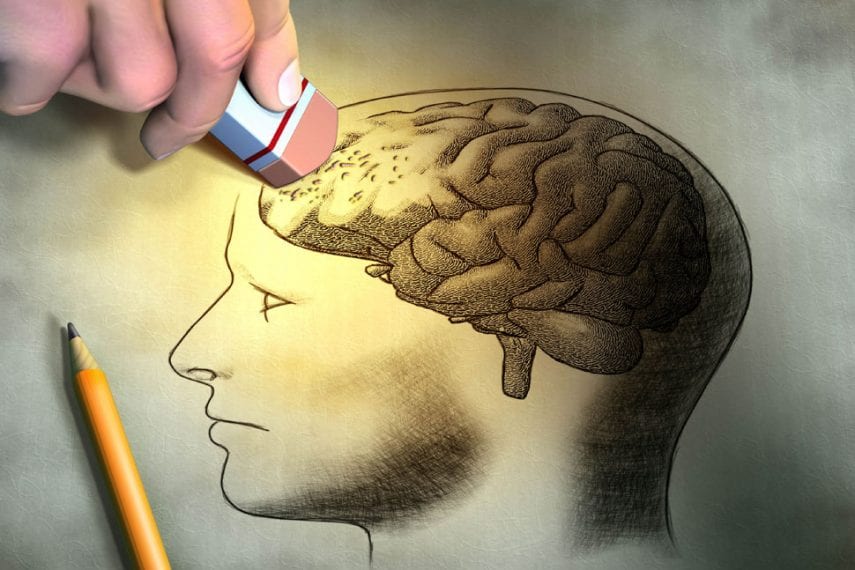5 damaging physical effects of alcoholism

Many people write off a night of heavy drinking after the ephemeral hangover, taking the one day to recover and then moving on without thinking about the potential long-term effects. Though some may joke about the damage they are causing to their liver, all in all a lot of the physical problems caused by heavy drinking are often overlooked. With that said, alcoholism is both a mental and physical disease, and those suffering from this addiction may not see the damage alcohol is causing. While the hangover disappears, chronic alcohol abuse can result in permanent issues that affect both the body and mind. Below is a list of five damaging physical effects of alcohol you may not have considered:
1. Tooth decay and other oral issues
Alcohol can take a serious toll on your entire body, including your digestive system. According to Healthline, alcohol abuse can result in gum disease, tooth decay and even tooth loss. Since most alcoholic beverages contain high amounts of sugar, regularly drinking can damage the enamel, eventually leading to cavities or more severe oral issues. Vomiting, a side effect of excessive drinking, can also cause acid erosion. What’s more, blacking out from binge drinking can cause people to forgo oral hygienic processes for an evening, such as forgetting to brush their teeth before bed. Together, these factors can cause quite a bit of damage to your smile.
2. Problems with cardiovascular health
The National Institutes of Health note that long-term alcohol abuse can cause cardiovascular problems such as stroke, high blood pressure, cardiomyopathy and arrhythmias. Furthermore, abusing alcohol can raise levels of triglycerides, bad fat that can cause cardiovascular problems, according to the American Heart Association. The source also states that heavy drinking generally can lead to consuming more calories, potentially encouraging conditions such as obesity and diabetes.
3. Increased risk of cancer
Alcohol abuse can increase one’s risk of certain cancers, including liver, throat, mouth, esophagus and breast cancer, according to the NIH. Heavy drinking causes inflammation in the liver, which then elevates one’s risk of liver cancer. The American Cancer Society states that it is the amount of alcohol consumed over time that is the most notable factor in raising one’s risk of cancer, making this danger particularly relevant to those struggling with alcoholism.
Integrated Treatment for Alcoholism & Co‑Occurring Disorders
4. A weakened immune system
Alcoholism can lead to an immune deficiency, which raises one’s risk of suffering from diseases such as pneumonia and tuberculosis. This is one of the physical effects of alcoholism that is often completely overlooked. A publication by the NIH even suggests that alcohol abuse may cause the body’s immune system to attack tissues within the body itself. Moreover, the publication notes that 16 percent of tuberculosis patients are alcohol abusers and that number climbs as high as 35 percent in some populations.
5. Memory lapses
People feel the mentally deleterious effects of alcohol when they consume it, and many have likely experienced not clearly remembering all the events of the previous evening the next day. However, depending on several individual factors – specifically how often and how much a person drinks – long-term brain damage can occur. Therefore, alcoholism can result in cognitive decline that may inhibit a person’s professional and personal well being. The NIH states that alcoholism can also lead to a thiamine deficiency. Thiamine is an essential nutrient to the brain and other tissues of the body also known as vitamin B1. While these type of cognitive lapses can cause major impairments, studies have shown that most alcoholics see some improvement in brain structure within a year of abstaining from alcohol and alcoholism treatment.






